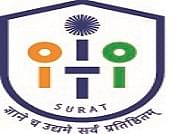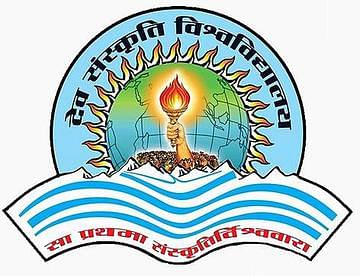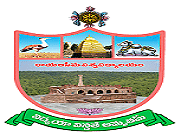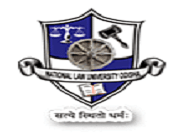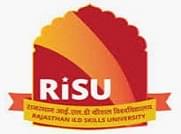Ph.D. in Journalism and Mass
Communication
Introduction, Admission, Eligibility,
Duration
Introduction about PH.D. in Journalism and Mass Communication
A Ph.D. in Journalism and Mass Communication is a doctoral
degree program designed to provide advanced academic and professional training
to individuals seeking expertise in the fields of journalism, media studies,
and communication. This rigorous program is designed by the best University in India typically combines theoretical
research with practical application, preparing graduates for careers in
academia, research, media production, and various other sectors where
communication skills are paramount.
How I can apply for admission to the PH.D. in Journalism and Mass Communication?
Visit the University Website: Start by visiting the official website of Sunrise University. Most universities provide detailed information about their admission procedures, including eligibility criteria, application forms, and important dates.- Check
Eligibility Criteria: Ensure that you meet the eligibility criteria
for the desired course. This may include educational qualifications,
minimum marks required, and other specific requirements.
- Application
Form:
Obtain the application form, either online or from the university's
admission office. Some universities also allow online submission of
application forms.
- Fill
Out the Application Form: Complete the application form accurately,
providing all the required information. Attach any necessary documents,
such as transcripts, certificates, and identification proofs.
- Submission
of Application:
Submit the filled application form along with the required documents
within the specified deadline. Some universities may have an online
submission process, while others might require physical submission.
- Entrance
Exams (if applicable): Depending on the course and university, you
may need to appear for entrance exams. Be aware of any entrance exams
associated with your chosen program and prepare accordingly.
- Merit
List and Counselling: Universities often release merit lists based
on academic performance and entrance exam scores. If applicable, attend counselling
sessions as per the schedule provided by the university.
- Admission
Confirmation:
Once you are selected, follow the instructions for admission confirmation.
This may involve payment of fees, document verification, and other
formalities.
What is the eligibility for the
PH.D. in Journalism and Mass Communication?
Eligibility criteria for a Ph.D. in Journalism and Mass Communication at an affordable University in India can vary depending on the institution and country. However, here are some common eligibility requirements:
1. Educational Qualifications: Typically, applicants should have a master's degree in Journalism, Mass Communication, Media Studies, or a related field. Some programs may accept candidates with a bachelor's degree if they have exceptional academic credentials and relevant professional experience.
How long does it take to complete the PH.D. in Journalism and Mass Communication?
The duration to complete a Ph.D. in Journalism and Mass Communication program at The top University of India can vary depending on several factors including the program structure, the student's prior education, their research topic, and their progress in completing the required coursework, exams, and dissertation. Typically, a Ph.D. program in this field can take anywhere from 3 to 7 years to complete.Here are some factors that can influence the duration:
1. Prior Education: If a student enters the Ph.D. program with a relevant master's degree, they may be able to complete the program more quickly than someone starting from scratch.





